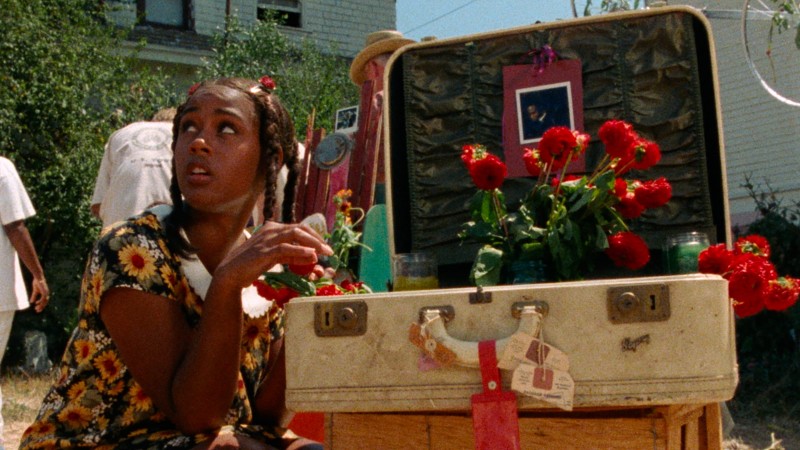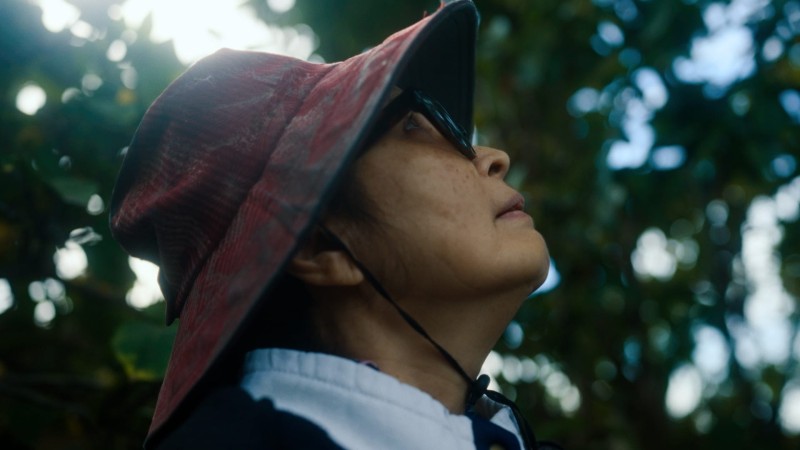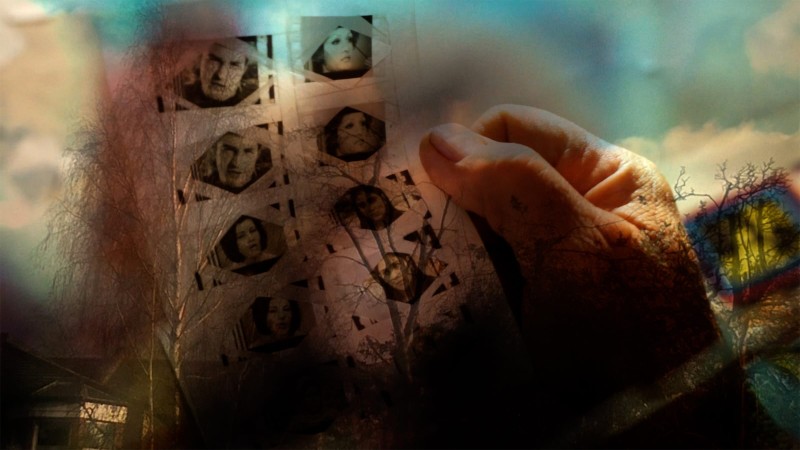From Pen to Screen: An Interview with Charlie Kaufman

Situated in western Bohemia in the Czech Republic, the picturesque little spa town of Karlovy Vary hosts the most prestigious annual film festival in Central Europe. Now in its fifty-first year, the Karlovy Vary International Film Festival takes place each July across eight venues. This year was my second time attending, but my first serving as a consultant and advisor to the artistic director, Karel Och.
Each year the Festival President’s Award is given to an actor, director, or producer who has contributed to the development of film in a fundamental way. This year’s recipient was writer-director Charlie Kaufman, who was also in town to present his Oscar-nominated film Anomalisa.
During a break at the festival, I sat down with Kaufman to discuss his early days growing up in New York, his transition from acting to screenwriting, and his unique creative process.
What is your earliest film memory from your childhood in New York?
I think The Sound of Music was the first movie I saw in a theater, in Long Island. I fell in love with Julie Andrews, and she was my first big crush. Especially for a little kid, there’s something very maternal about her.
Were you an avid filmgoer in your early years and, if so, which films were particularly meaningful to you?
I wouldn’t say I was obsessed with watching movies. I liked movies and I went often, but I’m not like Quentin Tarantino, I’m not that person. I gravitated more toward theater and acting, and film was kind of an offshoot of that, as it had acting and theater in it. I also made a lot of movies when I was a little kid. I had a Super 8 camera, and it was a real passion of mine. I made films with stories, little dramatic things, and I’d write scripts for a monster or vampire movie. We’d shoot in graveyards, and I did some animation. I’d direct the films, and my friends and I would act in them.
You started out as an actor in high school and performed in several plays. What made you decide to make the transition to screenwriting?
Since third grade, I wanted to be an actor. I went to school for it in my freshman year of college, and then I switched to film in my sophomore year. I think I became self-conscious. I was very shy, and I became kind of embarrassed about it. I struggled for a long time because I really loved it. It was the one thing in my life that gave me some sort of joy. Then I thought, did I make a mistake by leaving it, because I don’t feel the same way about anything else? I always thought about going back and I never did, but I don’t feel that way about it anymore. I don’t think I could do it anymore.
Have you never been tempted to do a Hitchcock and make a small cameo in one of your films?
Both times I worked with Spike Jonze, he tried to get me to do that. But no, I wouldn’t do it, it’s too nerve-wracking!
What are the main differences between writing a screenplay for someone else to direct and directing your own screenplay yourself?
With the exception of Eternal Sunshine of the Spotless Mind (2004), I haven’t written specifically for any director. Spike was not initially engaged to be part of Adaptation (2002); that was for Jonathan Demme, and then he decided not to do it. Being John Malkovich (1999) was written before I knew Spike.
I think the difference is that, once I began directing, I started thinking, how am I going to do this? Practically, how am I going to make this happen on film, which is something I had never thought about. When I worked with Spike, if I had been doing a rewrite and I had an idea, he would say, “Well, don’t worry about what it costs. We’ll figure it out.” So I was kind of given carte blanche. But when I’m on my own, there is this feeling of, well, am I going to know how to shoot this scene? Am I going to be able to afford to shoot this scene? That’s the difference.
I’m interested in how you build and structure your screenplays. Do you follow a similar pattern every time?
It depends on the piece. When I’m on my own and I'm doing something for myself, I don’t do an outline. I build it, little by little, as I’m working on it. I think about it for like six months, and I’ll think, “Oh, that’s interesting here!” It’s going in a cool direction, but I don’t know in advance how it’s going to end. I like to have the freedom to see where it goes. I don’t like to cement myself into something.
Sometimes it can take me a few years; it’s not an efficient way to work. I do like the idea that sometimes I come to a new thing, six months into writing it, and that changes everything. Adaptation is an example of that. It was a struggle for me in the first six months, until I came up with the idea of putting myself in, and then suddenly I knew how to write it. If I had forced myself to write any more, it wouldn’t have been the same, and I don’t think it would have been as good.
You mentioned loving the theater earlier. Who are some of your favorite dramatists?
I like Pinter, I like Beckett, Ionesco. When I was in high school, I was actually in a production of Six Characters in Search of an Author, by Pirandello. I was really struck by that, and it was very influential on me. Interestingly, I think Woody Allen has a play in one of his books, where the characters on stage talk to the audience. I like stuff like that. I liked Lanford Wilson when I was a kid, and I like John Guare.
I also loved musicals when I was a kid. I mean, when you’re in school theater you do a lot of musicals!
Finally: you’re on a desert island and are allowed to take one film with you. Which film would it be and why?
A movie I really love is Barton Fink. I don’t know if that’s the movie I’d take to a desert island, but I feel like there’s so much in there, you could watch it again and again. That’s important to me, especially if that was the only movie I’d have with me for the rest of my life.




